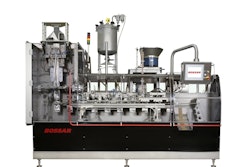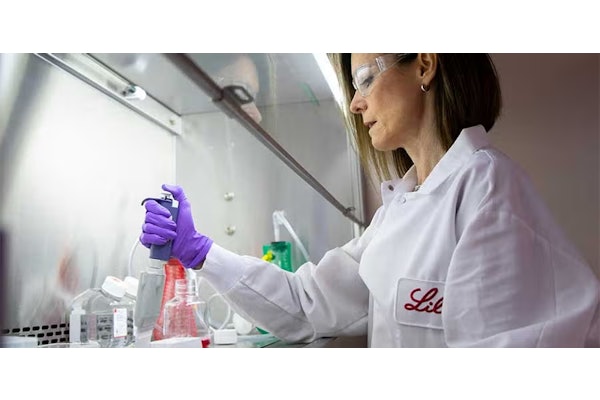
“We have gone from cold chain to temperature control and are now moving to supply chain integrity,” said Rafik Bishara, PhD. “We cover all ranges of temperature, all ranges of security, and all ranges of stability budgets.”
Bishara, Technical Adviser and Leader of the Parenteral Drug Assn.’s Pharmaceutical Cold Chain Cold Interest Group (PCCIG), welcomed more than 750 delegates to the 12th Annual Cold Chain GDP & Temperature Management Logistics Global Forum in Boston.
Domenic J. Veneziano, Captain U.S. Public Health Service, Director, Division of Import Operations, U.S. Food and Drug Administration, delivered a keynote that reinforced recent FDA claims that the agency has to do business in a more efficient and effective way, and leverage all resources both here in the U.S. and abroad.
“Between now and 2020, China and India are both looking at a 400% increase in the number of products shipped,” said Captain Veneziano. “We must target only shipments that have the potential to affect public health.”
These are the complex challenges of living in a truly globalized world, and the agency has to use intelligence and data to help assess risk.
Veneziano updated progress on the Customs and Border Protection program ACE/ITDS. (Automated Commercial Environment/International Trade Data System.
This program will provide a single window for CBP and 47 other government agencies to “interact, manage, and oversee import and export data, perform custodial revenue management and support enforcement systems for end-to-end visibility of the entire trade life-cycle,” according to a government Website.
The program has reduced government and private sector costs by eliminating unnecessary paperwork and enabling electronic processing of manifests, entry, and other trade documentation, creating a single, harmonized data set for everyone to work together.
This allows the FDA, for instance, to identify high-risk cargo coming into U.S. ports.
The system tests in spring of 2015 and will go live July 2015.
“It’s not good enough to receive transactional data,” said Veneziano. “We need to expedite the process and not cause delays.”
But when the audience offered questions, delays were an issue, especially concerning uniformity of operations between carious ports.
“Why is getting products cleared through the FDA different for JFK, Miami, and Boston?” asked one delegate. People start to identify the “easiest” port to go through and concentrate on using that facility alone.
“I can’t make any promises,” answered Veneziano, “but if you contact me I will look at the entry and see why it is being held up. If it is a larger question of staff where maybe people at JFK are asking for more or digging deeper than others, we may have to address training.”





















